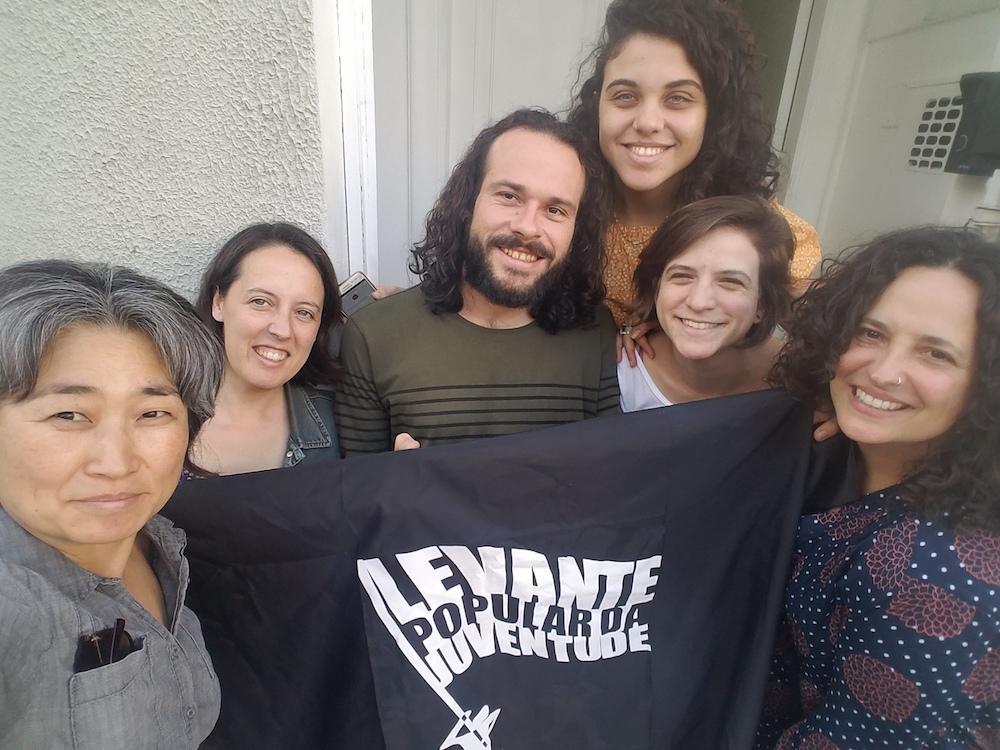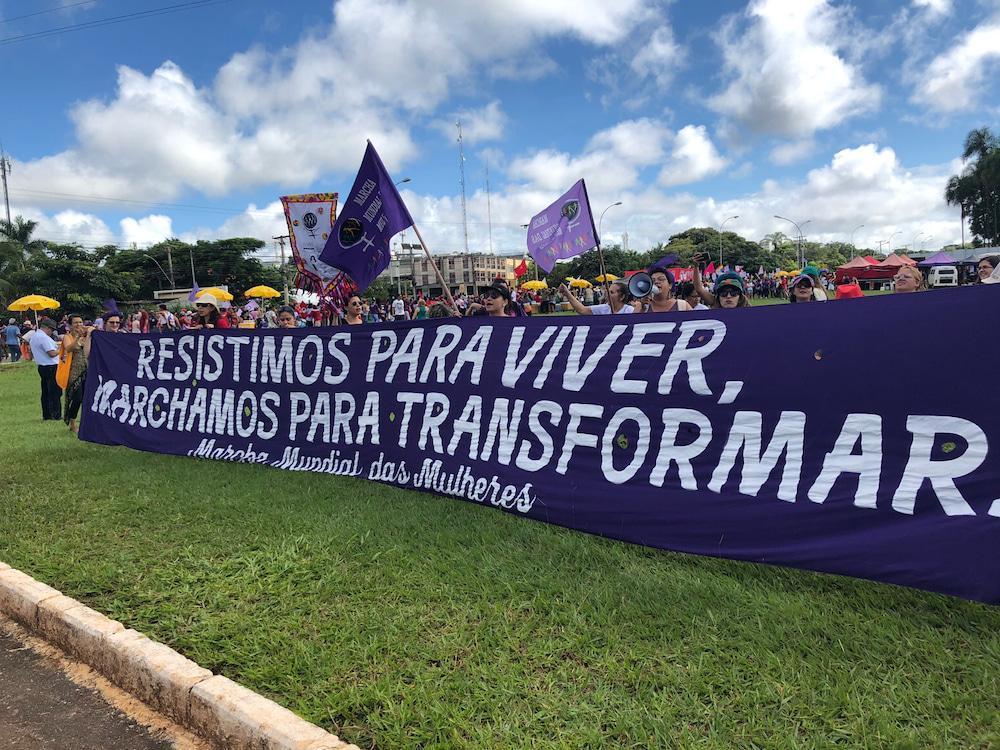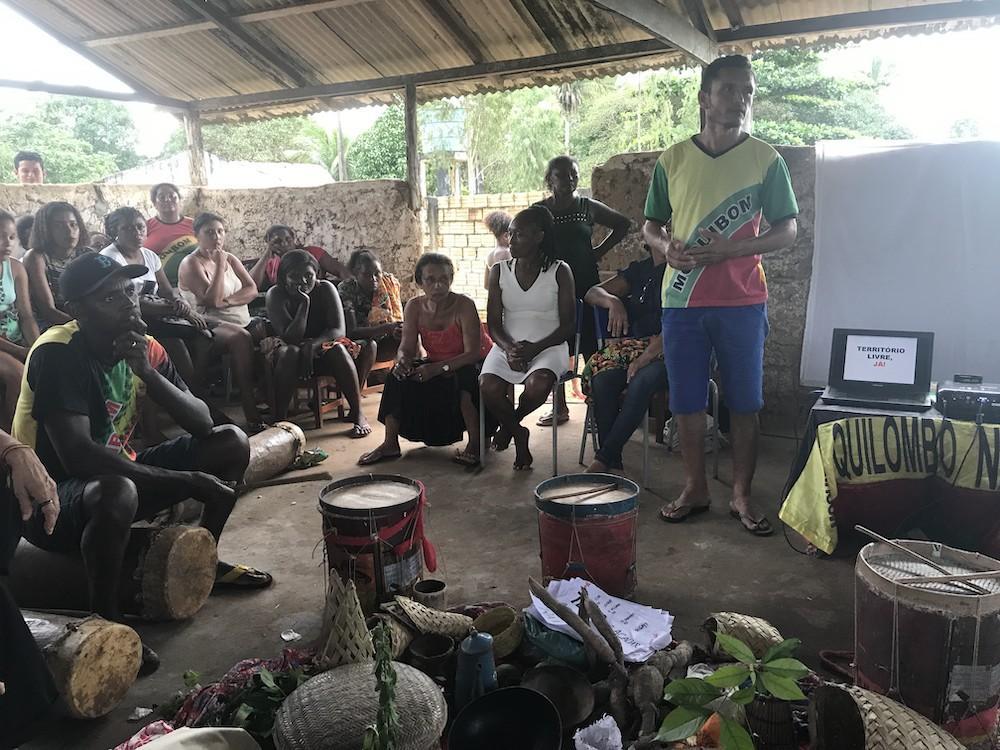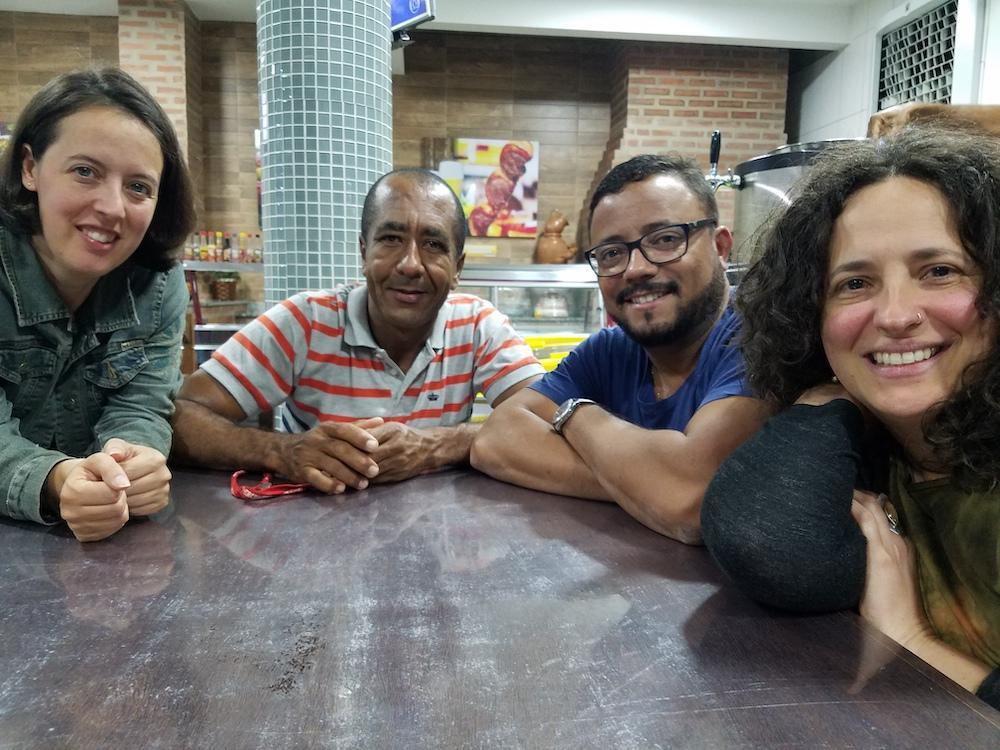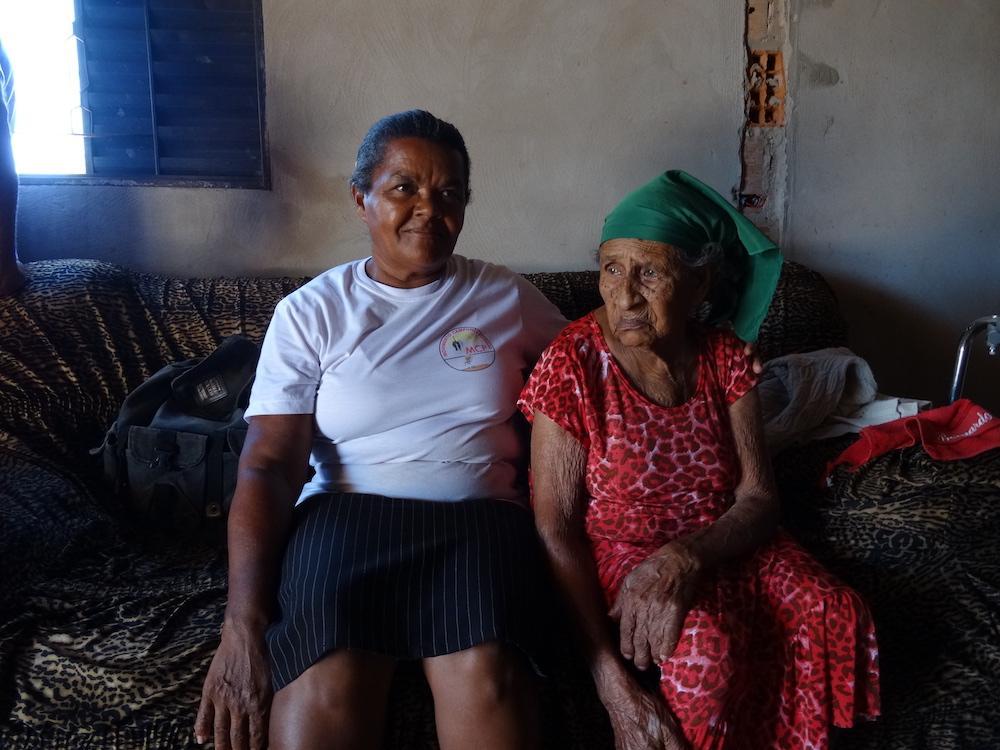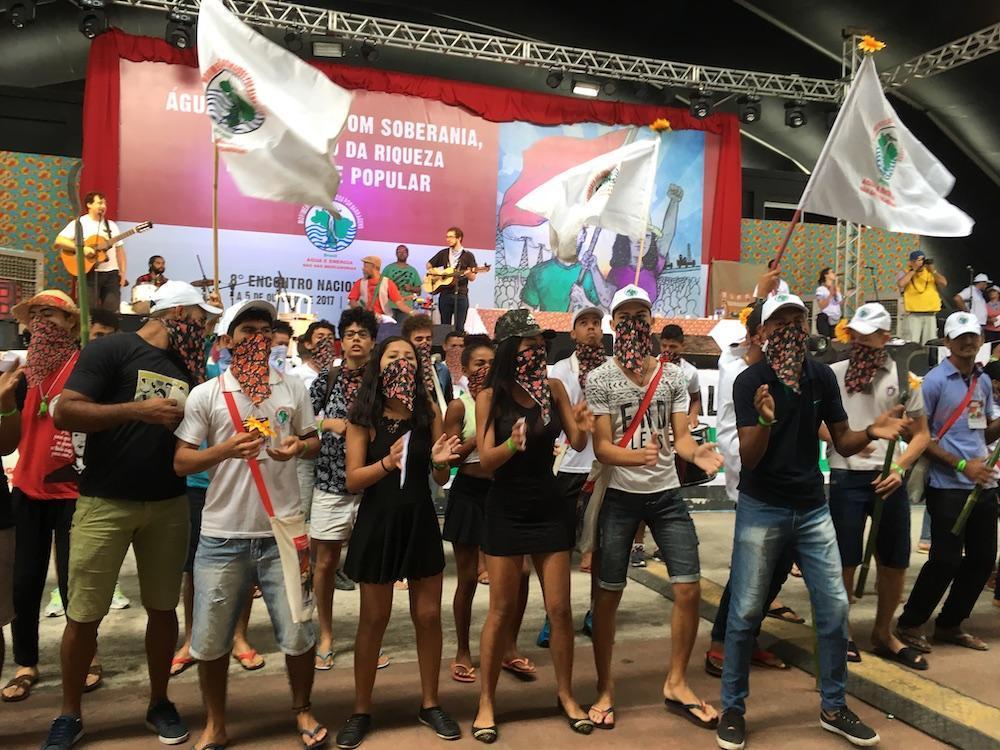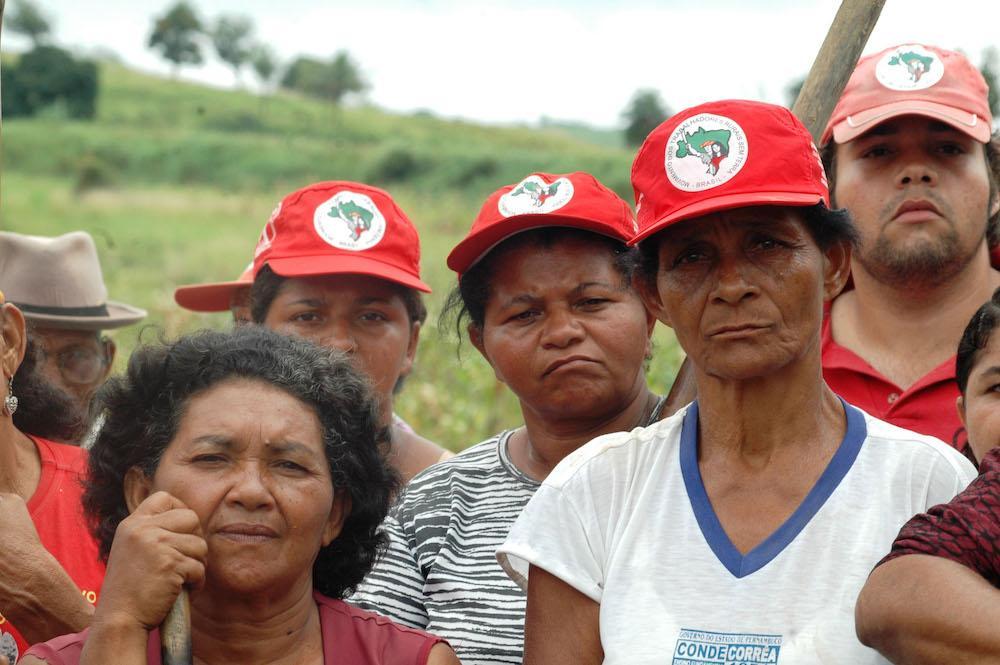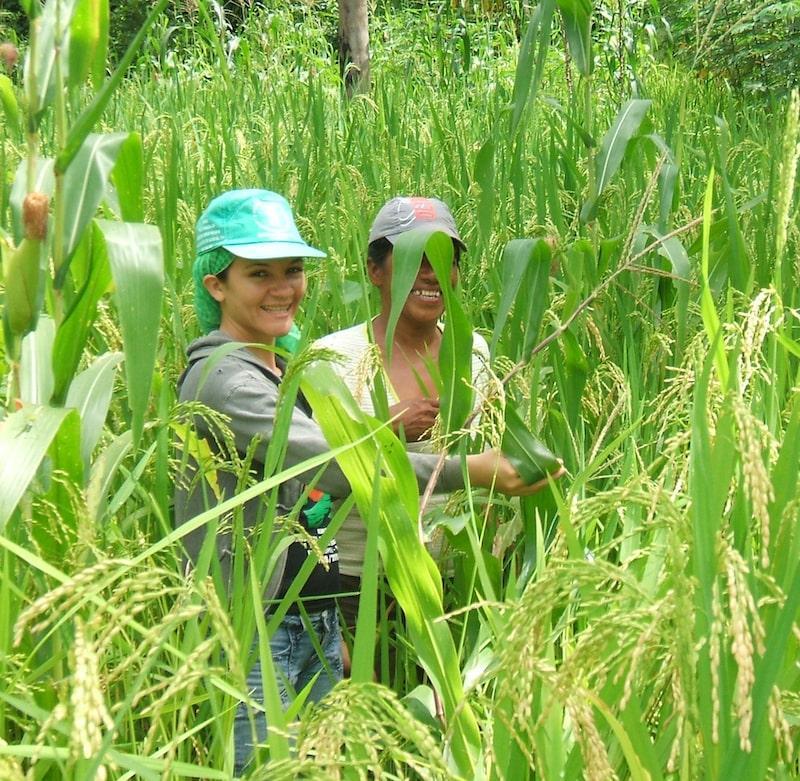
Brazil
The inequalities that afflict Brazilian society are enormous: a mere 1.6 percent of Brazilian landholders still control 47 percent of the nation’s privately owned land, while 60 percent of the population shares just 15 percent of all wealth. In tandem with the destructive practices of industrial agriculture and land grabbing by agribusinesses, foreign companies’ control over local resources has increased. The impact on Brazil’s rural communities and the nation’s vast forests, land, water systems and biodiversity is devastating.
In the past 10 years, the conflict between poor and working-class communities on the one hand, and elite classes and their extractive models on the other, has intensified. On the political level, this has led to judicial coups, the rise of far-right governments and political parties, and an assault on legal rights. On a more practical level, this has led to violence. While the forces of profit and resource extraction bulldoze critical natural areas like the Amazon and the Cerrado, hired guns and police forces have sought to terrorize rural peoples out of their ancestral homes and territories. Even supposedly “green” alternatives like hydroelectric dams and carbon offset projects like REDD+ are playing a role in displacing and attacking these communities.
Yet Indigenous Peoples, Quilombolas, traditional peoples, peasants, rural landless workers, and urban slum dwellers are at the forefront of a movement striving to counter these trends and build an economy in Brazil that serves everyone. Since 1998, Grassroots International’s Brazil Program has accompanied movements in their struggles for food sovereignty, territorial defense, and protection of the collective human rights of social movements and the communities in which they are rooted. Geographically, the program focuses primarily on the northeast, central plateau and Amazon regions (including the states of Maranhão, Pernambuco, Bahia, Goiás, Sergipe, Piauí, Pará, Acre, and Mato Grosso do Sul).
Many of our partners see this as a moment of recovery and rebuilding. Under very difficult conditions, movements continue to defend their rights, call for policies that support social wellbeing, and build an alternative to rapacious and extractive economic forces.

